Sleep Apnea: Types and Treatments
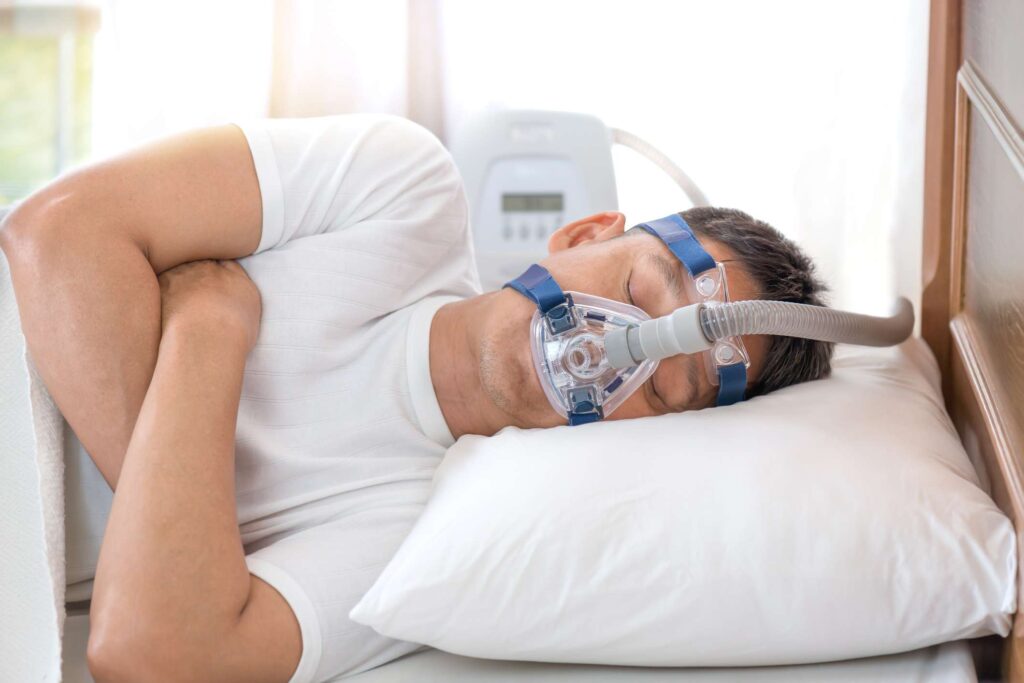
Lack of adequate sleep lowers your energy levels and increases your risk of developing severe health conditions such as heart disease. You may have sleep apnea if you often wake up tired or sleepy during the day. Sleep apnea is a disruptive disorder where breathing recurrently stops when one is asleep. Since it occurs when you’re asleep, you may not know you have the disorder until the symptoms become severe. Fortunately, the Houston snoring & sleep apnea specialist at The Dentists at North Cypress offers several treatments, including oral appliances, to improve your sleep quality and general health. The different types of sleep apnea include:
Obstructive sleep apnea(OSA)
Obstructive sleep apnea is the most prevalent sleep disorder that results in recurrent obstruction of your upper airway while you sleep. This obstruction can lower your oxygen levels and interfere with your sleep quality, resulting in trouble concentrating and fatigue. The signature symptom of this disorder is snoring due to the rattling of your tongue and soft palate. You may also gasp or choke while sleeping and experience dry mouth or sore throat upon waking up and headaches. OSA is a severe medical disorder that can increase your risk of developing heart disease, stroke, hypertension, and depression.
Complex sleep apnea (CSA)
Complex sleep apnea is a combination of central sleep apnea and obstructive sleep apnea. It often occurs after continuous positive airway pressure (CPAP) treatment for obstructive sleep apnea. The factors contributing to the development of complex sleep apnea are still a mystery, but medical experts believe that medical disorders such as obesity can increase your risk. This disorder can elevate your chances of developing cardiovascular diseases and cognitive problems if not treated.
Central sleep apnea (CSA)
Central sleep apnea happens when the brain fails to send the right signal to the muscles that control breathing. If not treated promptly, it can affect your sleep quality and result in irritation. CSA can be due to underlying health conditions like heart failure or a side effect of certain medications, such as opioids. The symptoms of this disorder include snoring loudly, recurrently gasping for air during sleep, waking up frequently, and having trouble concentrating. Your provider can diagnose CSA through a sleep study that measures the number of times you stop breathing during sleep.
Available treatments for sleep apnea
During your appointment at The Dentists at North Cypress, the specialist may discuss your symptoms and evaluate you before determining the appropriate treatment. Your treatment plan will rely on the severity of your condition. If you have mild to moderate sleep apnea, your provider may recommend oral appliances to gently shift your jaw and tongue to prevent obstructions during sleep. The team will customize your oral appliance to ensure they are comfortable. They may recommend Continuous Positive Airway Pressure (CPAP) therapy for moderate to severe sleep apnea. During the therapy, you will wear a mask over your nose and mouth that sends a continuous flow of air pressure to keep your airway open as you sleep.
To learn more about sleep apnea, call The Dentists at the North Cypress office or use the online scheduling button to create an appointment.


 Innovations in Health Screenings: Exploring the Latest Technologies in Clinic Services
Innovations in Health Screenings: Exploring the Latest Technologies in Clinic Services 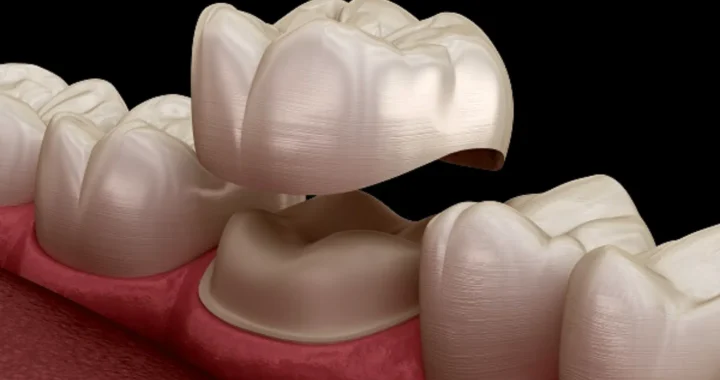 Dental Crowns –Restoring Strength, Function, And Aesthetics.
Dental Crowns –Restoring Strength, Function, And Aesthetics. 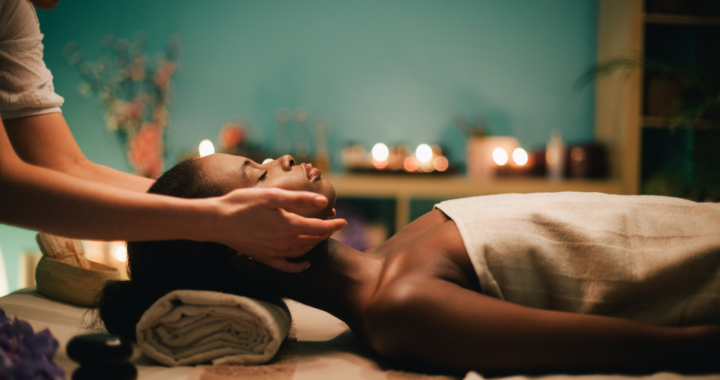 One-Person Wonder: Making Waves in the Massage Industry in Gunma
One-Person Wonder: Making Waves in the Massage Industry in Gunma 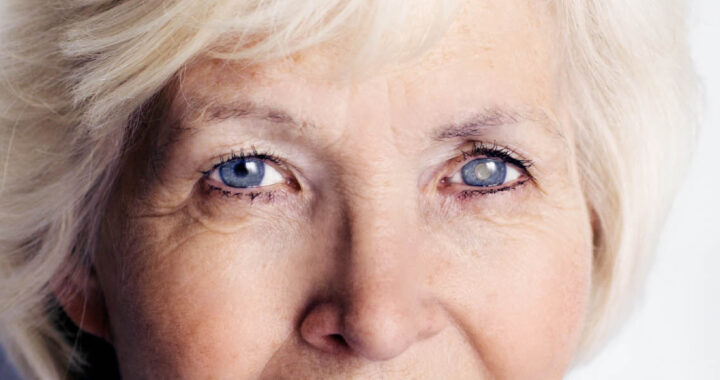 How Cataract Surgery in Nashville Improves Vision and Quality of Life
How Cataract Surgery in Nashville Improves Vision and Quality of Life  Maintaining Oral Health: The Role of Dentists in Richmond
Maintaining Oral Health: The Role of Dentists in Richmond 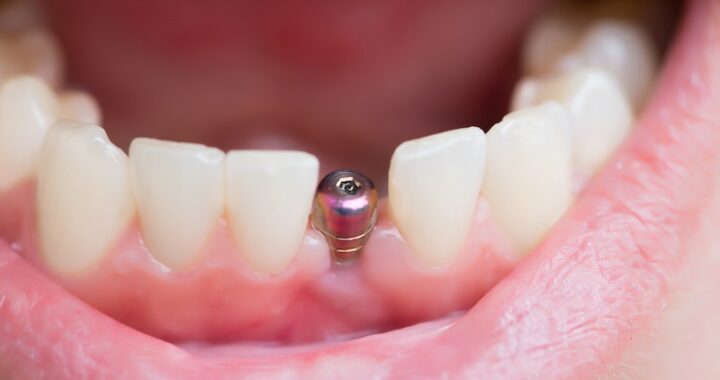 How to Choose the Best Implant Dentist in Sheffield: A Guide
How to Choose the Best Implant Dentist in Sheffield: A Guide